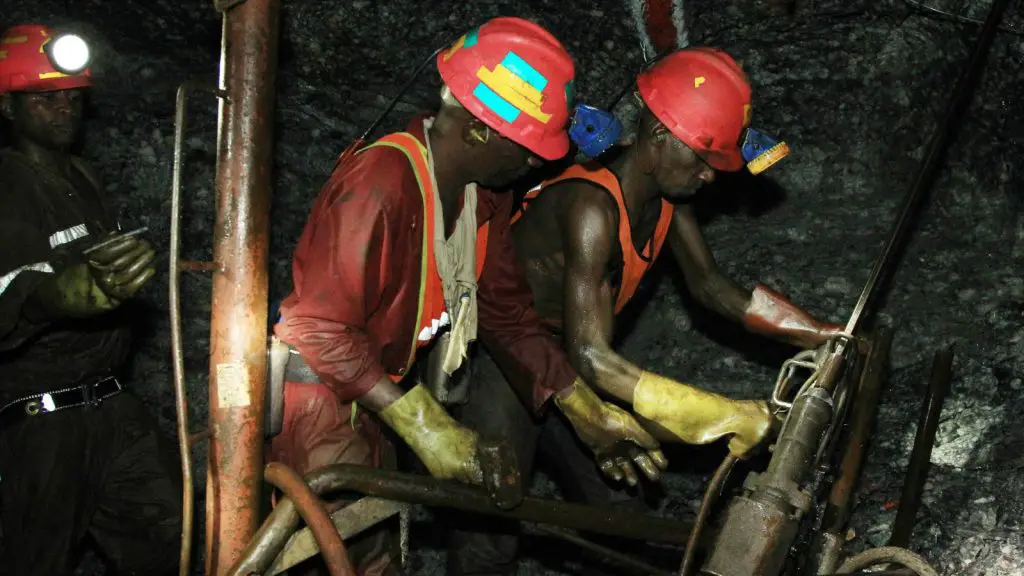Acacia Mining Plc has registered a 13 per cent fall in gold production for the first quarter of 2019, attributing the decline to lower output at its North Mara and Buzwagi mines.
The company`s Interim CEO, Peter Geleta said in a statement accompanying the quarterly report that gold production stood at 104,889 ounces , with ounces sold for the quarter standing at 104,985 ounces and in line with production.
Production in the first quarter was affected by unanticipated production issues at North Mara, which produced 66,324 ounces of gold for the quarter, cited as a 14 per cent year-on-year decrease.
The lower output was mainly driven by the consequence of a fall of ground in the Gokona underground mine in December, as well as an excavator breakdown in the Nyabirama open pit.
The fall of ground at Gokona prevented access in the quarter to two higher-grade stopes in the east, impacting mine sequencing and head grade which, at three grams per tonne, was 19 per cent lower year-on-year and below expectations of the quarter.
The miner has since taken steps to address the issues at North Mara, including the introduction of a revised mining plan in mid-March for both the underground and open pit mines.
Meanwhile, the Buzwagi mine produced 28,577 ounces for the quarter, a 20 per cent lower year-on-year but in line with expectations, as a result of the mine having fully transitioned to a lower-grade stockpile processing operation.
The Bulyanhulu mine, however, produced 9,999 ounces of gold for the quarter, a 17 per cent year-on-year increase and in line with expectations, owing to the higher grades recovered from the retreatment of tailing, as well as improvements in plant throughout.
All production continued from the retreatment of tailings as a result of the mine being placed on reduced operations in late 2017. In 2017, Acacia was hit with a Tshs.437 trillion ($190 billion) in which Tshs.92 trillion ($40 billion) was in unpaid taxes in a 17 year span between 2000 and 2017, and additional Tshs.345 trillion ($150 billion) in interests and penalties. Acacia`s concentrates were banned from exportation, until the company reached a settlement with the government to pay Tshs.690 billion ($300 million), an amount that has not been paid up to now.
The miner similarly said its cash balance as on March 31, stood at about Tshs.277.7 billion ($99 million), representing a decrease of net cash of about Tshs.39.1 billion ($17 million) during the quarter, primarily as a result of lower production.
Throughout the quarter, Acacia continued to engage with its parent company, Barrick Gold in its direct negotiations with the government. The company anticipates receiving a detailed proposal for a comprehensive resolution of its disputes with the government once Barrick`s negotiations have been concluded, the report indicated.
Despite the challenges, Acacia remains confident that it will deliver against its full year production guidance of between 500,000 ounces and 550,000 ounces, it concluded.
Also read: Acacia Mining holds its ground even after Magufuli and Barrick Gold truce
